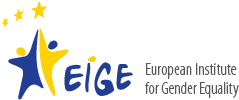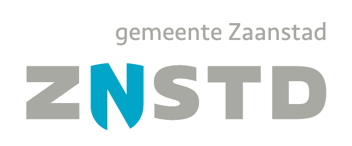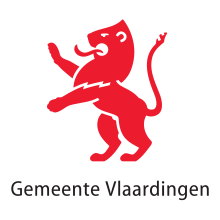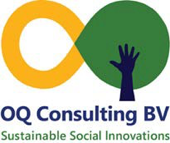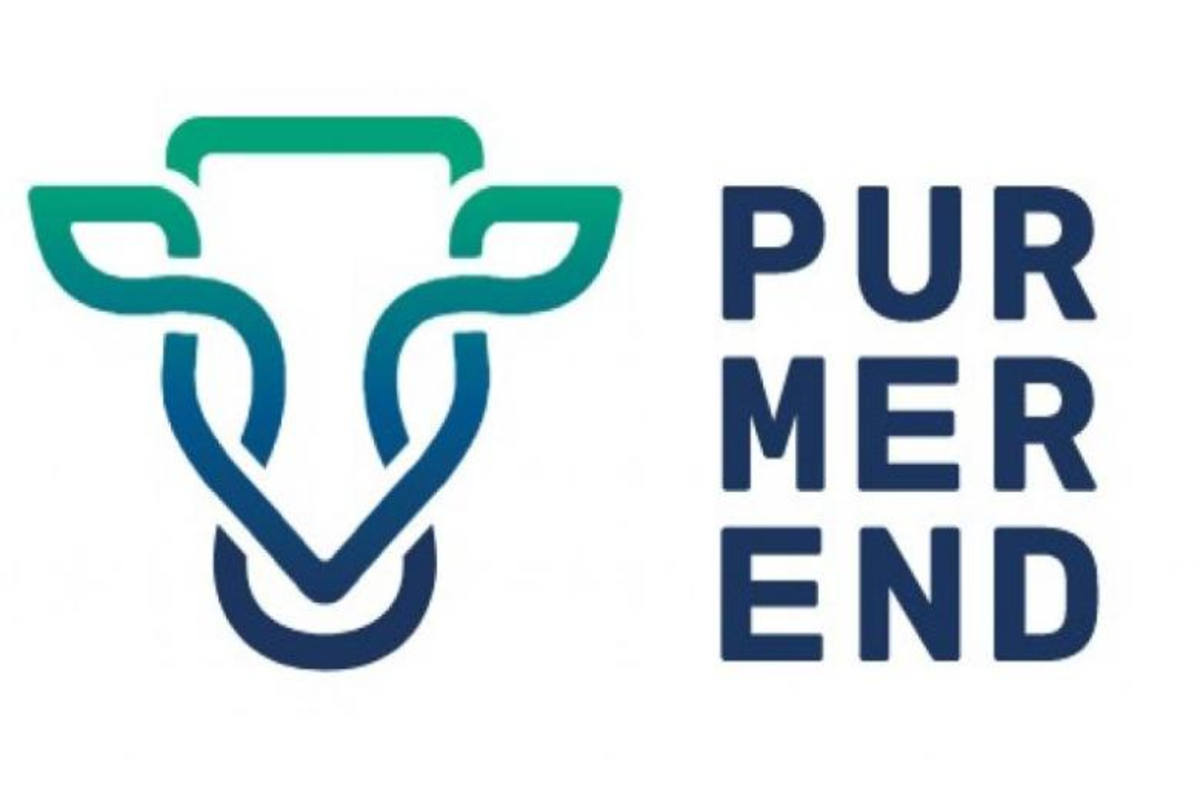You can want to stop discrimination for many reasons. For one, its the right thing to do. It is also the the smart thing to do. Making workplaces free of discrimination against lesbians, gays, transgender and bisexual people (LGBT) addresses both these. All LGBT people have the human right to be treated equally, and for businesses LGBT inclusion is smart, because inclusive workplaces contribute to the bottom line.
Writing my dissertation on the value of LGBT networks to corporations, I discovered that this, in my opinion, obvious truth had never been addressed in a scholalry way. My business school, Henley Business College had never even had student write a dissertation on LGBT people and business. Most literature on LGBT and business relates to the difficulties of being LGBT in the business environment – an LGBT as victim approach.
Issues
Laws are one thing, reality is another. LGBT people in the Netherlands are still the brunt of jokes, and even today 30% of LGBT employees do not dare to be openly themselves at work. While many managers have no issue with a person’s sexuality, some do. Working in an international climate, being ‘out’ in the Netherlands may feel safe, but being gay can still affect an employee’s potential to go on foreign postings. Some employees fear the consequences of being completely open, in every situation at home and abroad. Others are fearless, but have a nagging sense that by being so they may miss opportunities. Some LGBT people feel so ‘safe’ in their company that they don’t need to let others know they are people who choose same-sex life partners – but when you can’t talk about your partner, how safe are you? What happens if someone asks a direct question and then discovers that all this time, you have been hiding something important? What effect does that have on trust in the workplace? LGBT networks in companies are addressing these and other issues.
Our research challenge was to come up with a convincing argument, with concrete examples, that a corporate LGBT network contributes to the profit of its company through its contribution to HR strategies for competitive advantage. We came up with five.
Bottom line
One of the tenets of Human Resource Management theory is that competitive advantage means building a workforce that is unique, imperfectly imitable and with no strategic equivalent. Attracting and retaining talent is important to the bottom line, as is utilizing the people – their skills and competencies. Said differently, a company’s assets and resources, its resource combinations and its organizational competencies only have value when they are combined with the skills of the individual and their social networks.
Five ways in which corporate LGBT networks contribute to company health
For my research I interviewed network leaders, network members and HR officers in the founding six companies of Workplace Pride, in the Netherlands. We found that there are at least five ways in which corporate LGBT networks contribute to the bottom line of a company.
1. LGBT networks contribute to finding the right people for the company
The networks work with the companies to create an environment that is attractive to a diverse workforce. A major focus of several of the networks was participating in the annual Amsterdam Pride. Amsterdam Pride is fun, exuberant and has a pro-gay message. The presence of the corporate networks generates visibility for the company on the day, positive coverage on TV and in relevant industry recruitment publications. HR and network respondents firmly believe this is good for business and good for recruitment strategies.
2. LGBT networks help companies utilize employees
While line managers are responsible for ensuring that the employees perform in their jobs, the LGBT networks utilize the employees beyond the relationship defined in the professional contract. Most networks pass on information to HR about what works, and what is not work, for LGBT employees and make suggestions on what could be done better.
The networks cross the hierarchical lines, contributing to the company’s ability to adapt to the changing needs of clients, changing economic conditions, and changing perceptions of the social environment.
3. LGBT networks build social capital
Building a company’s social capital enables people to act collectively, for the benefit of the company. The networks address issues of engagement, sharing of information, cross-silo engagement in strategy development. They also look at where people are being excluded. They create safe spaces where people can explore the question “Is it me, or is there something really going on out there that is making me uncomfortable?” HR sometimes utilizes the networks to learn why people join the company and why they leave.
4. LGBT networks create economic and reliable business resources
The LGBT networks build trust, and act on the trust to share information with each other and with other parts of the organization, including HR. Strong ties among colleagues can translate into economic and reliable business resources, which contributes to the competitive advantage of the company. Most of the networks help the company develop internal efficiencies by creating communication pathways, sharing information relating to HR issues, marketing issues and company products between different sections of the company.
5. LGBT networks link and leverage knowledge within the company
The companies tap into the knowledge and the external networks of the networks, mainly around recruitment and utility issues. Workplace Pride plays a significant role in developing knowledge that is specific to the issue of homosexuality in the workplace, and at conferences and meetings networks share data, statistics and best practices that are helpful to all their companies.
Scoping LGBT networks within the company
Each network exists in a unique HRM environment. In a number of companies, the networks have emerged as professional, social and intellectual exchange networks. In some cases they are partnering with HR in attracting, recruiting and motivating talent at all levels, including the elusive Generation Y employee.
LGBT networks have the potential to build bridges, be more utilized in recruitment stratgies and in gaining access to Gen Y. Employees that are recruited through personal networks come with a ready-made relationship with the company that can positively affect their engagement and their motivation. In their networks of friends and family, network members have potential specialists, contractors and trustworthy market-based staff.
Workplace Pride’s Declaration of Amsterdam, with its 10 items on how to design a workplace that works for LGBT people, can be used as a guideline for companies and networks on developing strategic plans to build inclusive workplaces. The annual Workplace Pride conference offers companies and networks the opportunity to share with each other what has been achieved and to work together to take even greater steps forward.
By Lin McDevitt-Pugh MBA
Lin is owner of NETSHEILA, a company specialized in maximizing the value of relationships between people to companies and organizations. She has delivered strategic network development workshops to corporate LGBT networks, business networks and international NGOs in The Netherlands, Africa and Australia. The dissertation is available on request, either from myself or IHLIA, the Dutch LGBT archive.
Our clients









